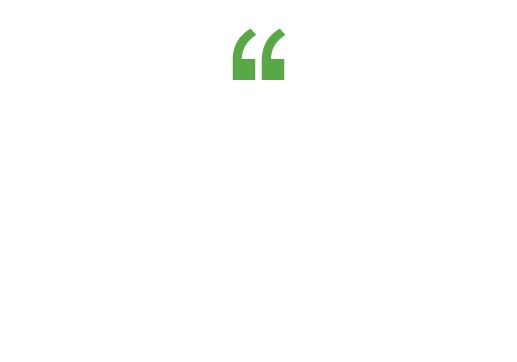Q: How does the solution protect clients' privacy?
A: Instead of monitoring video feeds manually, Kepler Night Nurse analyzes video images and sends alerts automatically if clients need help only. If required, care staff can also view stored video footage of the moments leading up to an alert to identify the reason for the disturbance. Importantly, all staff and patients in the camera's view have their faces blurred to guarantee privacy.
Q: What are the benefits of Night Nurse for vulnerable clients when compared to traditional care approaches?
A: Historically, nurses would undertake physical checks in clients' rooms during the night, which for sure disturbs someone's sleep and may feel like an invasion of privacy. There are also issues with traditional monitoring solutions, such as bracelets and panic buttons, which are often uncomfortable or difficult to use. This is especially true for dementia patients, who may not be able to use panic buttons at all, for example.
By contrast, Kepler Night Nurse is totally non- invasive, and vulnerable people don't have to do anything at all to get the care they need. Because there is no need for physical room patrols, clients can also sleep undisturbed at night, which is good for their health and wellbeing.
But the top benefit by far is excellent, 24x7 care. With manual room patrols, which take place every three hours or so at night, clients in trouble are often left without help for too long. With the Kepler Night Nurse, help comes immediately, which gives clients and their families total peace of mind.
Q: What are the benefits for care providers?
A: With the Kepler Night Nurse, staff no longer undertake physical room checks, which frees them up to deliver better client care. The solution also cuts false alarms by around 99%, which saves even more valuable staff time. These are crucial benefits bearing in mind the current labor shortages faced by care providers.
There are also some commercial benefits associated with Night Nurse vs. traditional monitoring solutions. For example, solutions such as door sensors, bracelets, panic buttons, and others can be replaced with a single solution that's easy and cost-effective to support. Reducing false alarms also reduces the cost of the 'nurse call system', which typically charge for every individual alarm message that is sent to staff on their pagers or mobile phones. In these ways, Night Nurse delivers big operational cost savings for care providers.
Q: What kinds of scenarios and potential dangers does the Night Nurse AI algorithm recognize?
A: The solution generates alerts for a wide range of scenarios that indicate a client is in trouble. These might be, for example, if they are struggling to stand up, if they fall down on the floor, or if they spend too long in the bathroom. The solution also sends an alert if a client leaves their room during the night.
In addition to detecting emergencies, Kepler Night Nurse allows staff to monitor clients' activity and movements over previous days and weeks. For example, it is quick and simple to run reports to see if a client is spending more time in bed or moving more slowly than before - which allows staff to make more proactive healthcare decisions.
Q: What have been the best aspects of partnering with Hikvision?
A: Two things really. The first is that we've been able to build a great collaborative relationship with Hikvision, testing our solution with products in their lab and working together to integrate our firmware and algorithm into Hikvision cameras.
Second, we always have access to product experts at all stages of the partnership, so there's always someone available to help us with any technical issues at all hours, which is a great benefit for us.
Q: Are you planning any new projects or collaborations with Hikvision?
A: Yes, we have visibility of Hikvision's product roadmap, and we're excited about a few product launches that are coming up. Since Hikvision has been a great fit for us so far, we expect to continue partnering and collaborating to make our solutions even smarter and to deliver even more value to our clients in the future.
Find out more
If you'd like to find out more about the Kepler Vision Technologies Night Nurse solution for residential care facilities, please contact us today.
